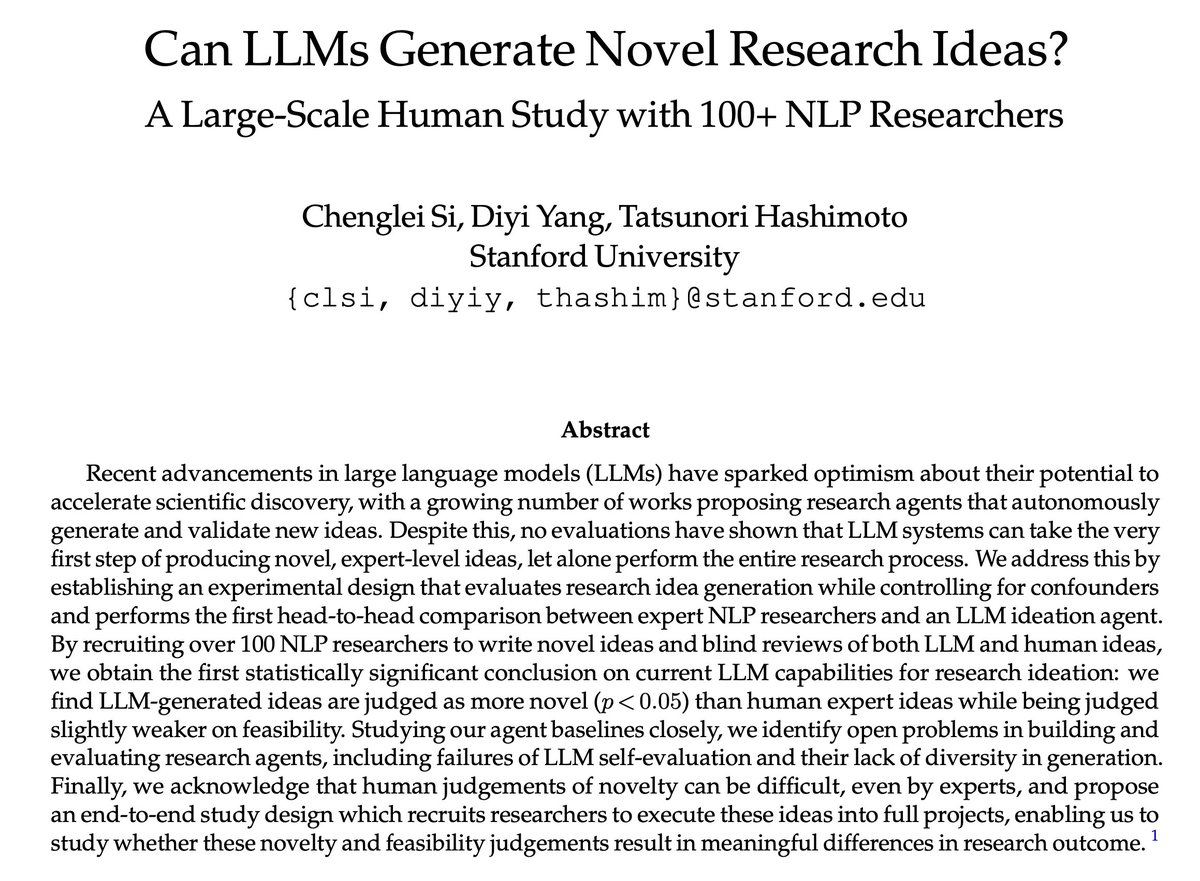
Valerio Capraro
@valeriocapraro
Associate Professor at Uni Milan-Bicocca. I write about social behaviour and AI.
ID: 1856509825
http://caprarovalerio.com 12-09-2013 06:24:52
1,1K Tweet
7,7K Followers
225 Following

🚨🚨Excited that our paper (“The nasty neighbor effect in humans) is out Science Advances: Across a series of experiments, including evidence from 51 societies, we investigated whether people favor ingroup members in competitive situations (1/5): science.org/doi/10.1126/sc…







Important paper: People remember stories a lot better than they remember statistics. Samantha Power Piper Perabo academic.oup.com/qje/advance-ar…




Intergroup moral hypocrisy such that people were more forgiving of transgressions when they were committed by an in-group member than an out-group member We found evidence of moral hypocrisy among partisans and minimal groups (via Association for Psychological Science): journals.sagepub.com/doi/abs/10.117…





In a paper, Tatiana Celadin and I suggest adding a motivation for sharing content, e.g. “share because it’s accurate”, “share because I’m outraged” and so on. Interestingly, we found that adding an “endorsing accuracy” button has two positive effects: it decreases the sharing





I’ve just released a new paper. The idea arose from a conversation with Daron Acemoglu about the limitations of today’s generative AI systems. 🧵 1/










